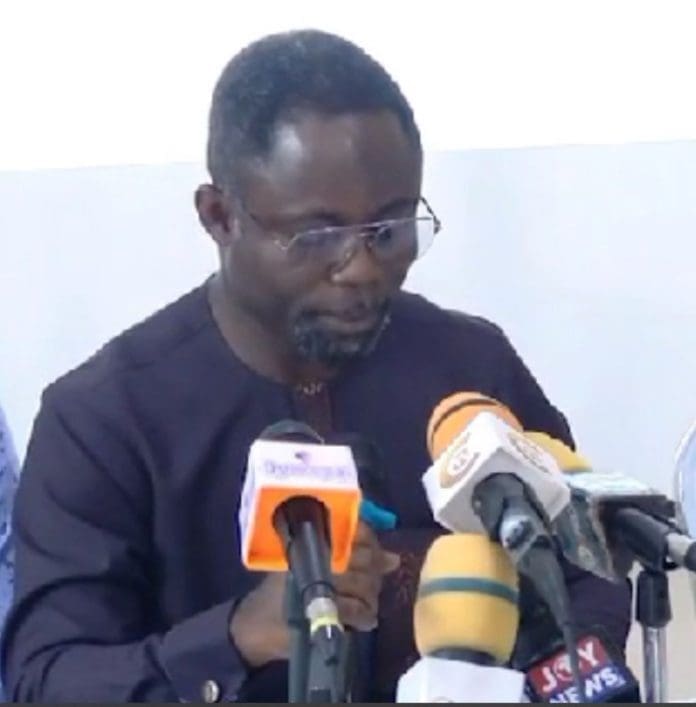Health Minister Kwabena Mintah Akandoh called for enhanced standards in Ghana’s traditional medicine sector during a stakeholder meeting in Accra on Thursday, emphasizing the industry’s potential contribution to the government’s 24-hour economy initiative.
The minister addressed over 40,000 traditional medicine practitioners during the engagement, highlighting persistent challenges including poor standards and inadequate regulatory enforcement that have compromised treatment quality across the sector.
Ghana’s traditional medicine sector operates under significant scale advantages compared to orthodox healthcare. Research indicates the ratio of traditional medicine practitioners to clients stands at 1:400, while orthodox health practitioners serve clients at a 1:12,000 ratio, demonstrating the sector’s accessibility and widespread utilization.
The Traditional Medicine Practice Council reported that many practitioners face difficulties maintaining good standing regarding license renewals, reflecting broader accountability issues within the industry. The council operates as the statutory institution under the Ministry of Health, mandated by the Traditional Medicine Practice Act 2000 to regulate and brand traditional medicine practices.
Minister Akandoh positioned traditional medicine as a crucial component of Ghana’s economic diversification strategy. He requested sector reports detailing how traditional medicine can integrate into the 24-hour economy framework, citing international examples where traditional medicine serves as economic foundations.
“By working together and building on your strengths, you can improve the quality of services and contribute to the country’s economic development,” the minister stated during the engagement session.
The call for sector unity addresses fragmentation issues that have hindered traditional medicine’s development potential. The minister emphasized that collaboration among practitioners remains essential for achieving sustainable growth and improving service quality standards.
Safety concerns surrounding unregulated traditional medicine practices have prompted increased government attention. The Medium-Term National Development Policy Framework 2022-2025 identifies traditional medicine as a viable complement to Ghana’s health system, reflecting official recognition of the sector’s healthcare role.
Traditional medicine utilization remains widespread across Ghana, particularly in rural communities where access to orthodox healthcare services is limited. However, inappropriate usage and unregulated practices can negatively impact user health, necessitating stronger oversight mechanisms.
The Ministry of Health has committed to collaborating with the Traditional Medicine Practice Council to address sector challenges and promote greater unity among practitioners. Ghana continues making steady efforts to improve evidence-based, quality delivery of traditional medicine practices as part of broader healthcare system strengthening initiatives.
Regulatory enforcement represents a critical component of the minister’s standards improvement agenda. The government seeks to balance preserving traditional knowledge with ensuring public safety through appropriate oversight and professional accountability measures.
The minister emphasized citizen safety as paramount in sector development plans. “Adhere to the standards and ensure the safety of the citizens,” he directed practitioners during the stakeholder meeting.
Economic integration efforts reflect broader government priorities for diversifying Ghana’s economy beyond traditional sectors. Traditional medicine presents opportunities for job creation, export development, and healthcare system strengthening when properly regulated and standardized.
The engagement session forms part of ongoing consultations as the government develops comprehensive strategies for incorporating various sectors into the 24-hour economy initiative. Traditional medicine practitioners must demonstrate how their services can contribute to round-the-clock economic activities while maintaining quality standards.
Source: newsghana.com.gh











